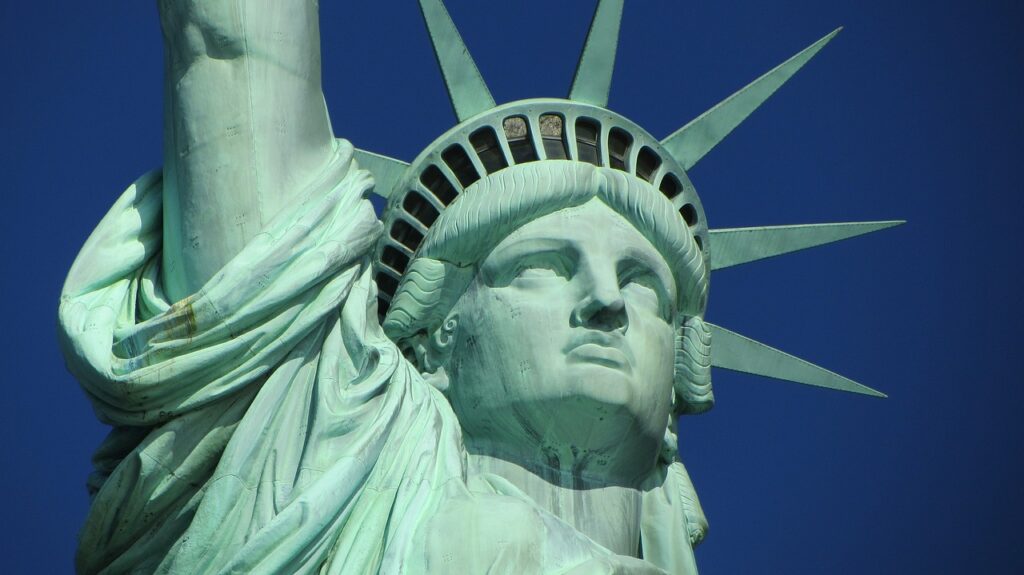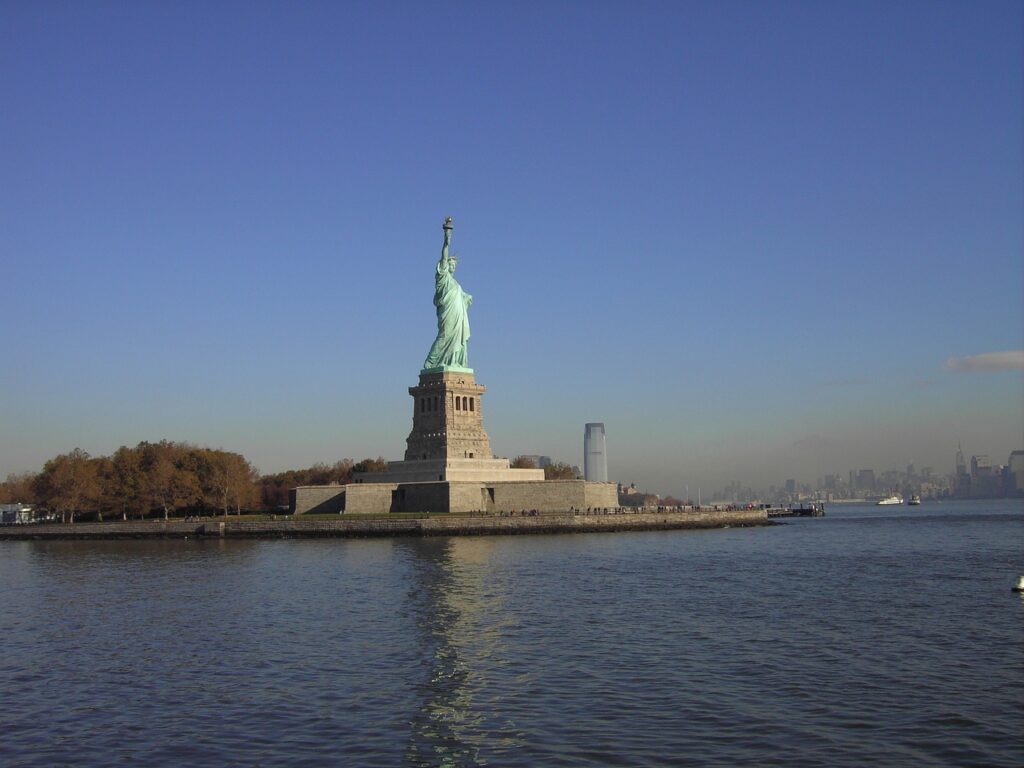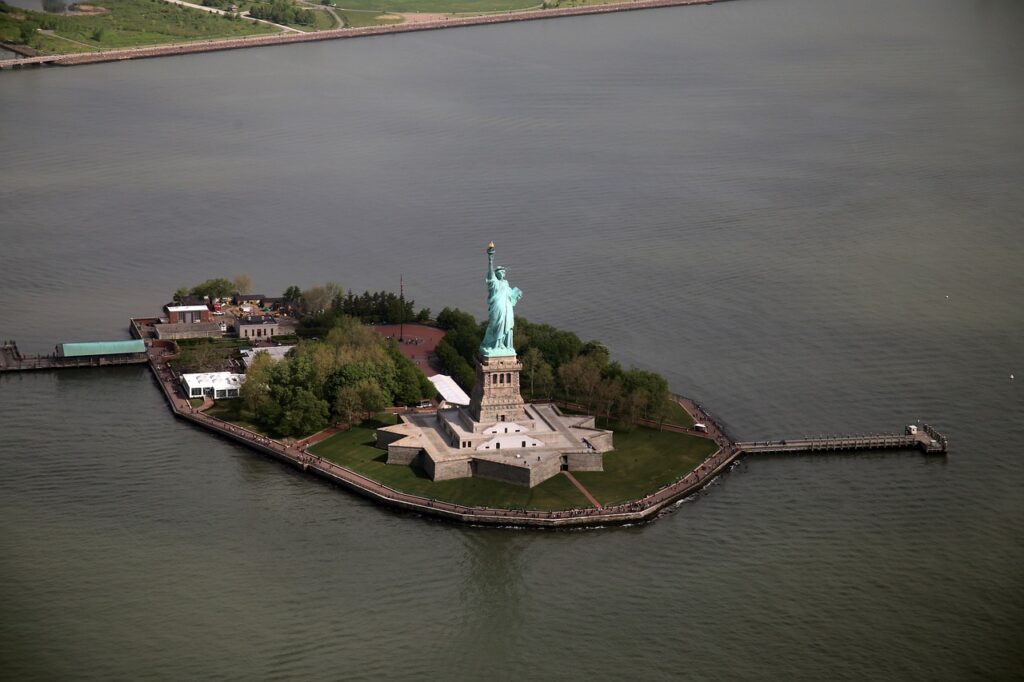LIBERTY BLUE – examination of similarity of TRADEMARKS, judgment of Supreme Administrative Court
Act of 30 June 2000 Industrial property law (Dz.U. z 2023 r. poz. 1170)
link to provision (has been deleted in 2016): https://isap.sejm.gov.pl/isap.nsf/download.xsp/WDU20031191117/U/D20031117Lj.pdf
Article 132 Relative obstacles to registration
1. A trade mark shall not be granted for identical or similar goods if the trade mark is identical or similar to:
1) a registered geographical indication, unless the applicant is entitled to use the indication and the granting of the right of protection for the trade mark will not unduly restrict the use of the registered geographical indication by other right holders;
11) a registered geographical indication or designation of origin for an agricultural product or foodstuff as referred to in Council Regulation (EC) No 510/2006 of 20 March 2006 on the protection of geographical indications and designations of origin for agricultural products and foodstuffs (OJ L 93, 31.03.2006, p. 12);
12) registered geographical indication of a spirit drink as referred to in Council Regulation (EEC) No 1576/89 of 29 May 1989 laying down general rules on the definition, description and presentation of spirit drinks (OJ EC L 160, 12.06.1989, p. 1, as amended; OJ EU Polish Special Edition, Chapter 3, vol. 9, p. 59, as amended) and a geographical indication entered on the national list of protected geographical indications of spirit beverages, pursuant to the Act on the production of spirit beverages and registration and protection of geographical indications of spirit beverages of 18 October 2006 (Dz.U. No. 208, item 1539);
2) a mark which, prior to the date by which the priority to obtain the right of protection is determined, was widely known and used as a trade mark for goods from another person; znaku, który przed datą, według której oznacza się pierwszeństwo do uzyskania prawa ochronnego, był powszechnie znany i używany jako znak towarowy dla towarów pochodzących od innej osoby;
3) a trademark previously registered in the Republic of Poland whose protection has expired, if, from the date of expiry of the right of protection for the trademark to the date of application for a similar trademark by another person, a period of 2 years has not elapsed, subject to Article 133.
2. No right of protection shall be granted for a trade mark:
1) identical to a trade mark registered or applied for registration (provided such a trade mark is registered) with an earlier priority in favour of another person for identical goods;
2) identical or similar to a trade mark for which a right of protection has been granted or applied for (provided such a right of protection is granted) with an earlier priority in favour of another person for identical or similar goods, if there is a risk of confusion on the part of the public, which includes in particular the risk of association of the trade mark with an earlier trade mark;
3) identical or similar to a reputed trade mark registered or applied for with an earlier priority for registration (if such a mark is registered) in favour of another person for any goods, where this would take unfair advantage of, or be detrimental to, the distinctive character or repute of the earlier mark. This provision shall apply mutatis mutandis to a well-known mark.
3. The protection of a trademark containing the signs referred to in Article 131(2), (2) to (4), and the symbols referred to in Article 131(2)(5), or signs referring to the origin of the goods shall not preclude another entrepreneur from obtaining the right of protection for a trademark containing the same elements for identical or similar goods, if those trademarks can be easily distinguished in trade.
4. The provision of paragraph (3) shall apply mutatis mutandis to press titles as trade marks containing words or combinations of words customarily used in the press market.
5. The provisions of paragraphs (1) and (2) shall apply mutatis mutandis where a trade mark or a geographical indication has been applied for or registered in accordance with the procedure referred to in Article 4.
6. The provisions of paragraphs (1) and (2) shall apply mutatis mutandis where a Community trade mark enjoys, in the territory of the Republic of Poland, the right from earlier registration of a trade mark in accordance with the provisions of Articles 34 and 35 of Council Regulation (EC) No 40/94 of 20 December 1993 on the Community trade mark (OJ EC L 11, 14.01.1994, p. 1, as amended; OJ EU Polish Special Edition, Chapter 17, Vol. 1, p. 146, as amended).
Teza wyroku z 2007-09-14 (sygn. akt VI SA/Wa 878/07) Wojewódzkiego Sądu Administracyjnego w Warszawie wydanego w składzie: Thesis of the judgment of 2007-09-14 (ref. no. VI SA/Wa 878/07) of the Voivodeship Administrative Court in Warsaw issued by:
- Magdalena BOSAKIRSKA (Przewodnicząca) Magdalena BOSAKIRSKA (Presiding judge),
- Izabela GŁOWACKA-KLIMAS (Sprawozdawczyni), Izabela GŁOWACKA-KLIMAS (Rapporteur),
- Małgorzata GRZELAK (Wotantka). Małgorzata GRZELAK (Judge).
Nietrafny jest zarzut, aby słowno-graficzno-przestrzenny znak towarowy „FREEDOM LIBERTY BLUE VODKA” zawierający elementy słowne “freedom liberty blue vodka” w całości przejął znak słowny “liberty”. Nietrafne było też twierdzenie, że wyraz “liberty” ma w kwestionowanym znaku charakter dominujący. Znak oceniany być powinien jako całość, a więc ocenie podlega cały znak “FREEDOM LIBERTY BLUE VODKA”, a nie – jak sugeruje skarżąca – wyraz “liberty”.
Teza wyroku z 2008-06-24 (sygn. akt II GSK 261/08) Naczelnego Sądu Administracyjnego wydanego w składzie: Thesis of the judgment of 2008-06-24 (ref. no. II GSK 261/08) of the Supreme Administrative Court issued by:
- Edward KIEREJCZYK (Przewodniczący) Edward KIEREJCZYK (Presiding Judge)
- Małgorzata KORYCIŃSKA (Wotantka) Małgorzata KORYCIŃSKA (Judge)
- Maria JAGIELSKA (Wotant) Maria JAGIELSKA (Judge)
Ograniczenie w skardze kasacyjnej zarzutu naruszenia prawa materialnego do błędnej jego wykładni sprawia, że poza kontrolą kasacyjną pozostaje ewentualne naruszenie prawa materialnego poprzez jego niewłaściwe zastosowanie.
Badanie podobieństwa znaków towarowych nie należy do sfery prawa materialnego.
O podobieństwie znaków towarowych decydują wyłącznie ustalenia faktyczne.
Zarzut naruszenia prawa materialnego nie może być skutecznie uzasadniony próbą zwalczania ustaleń faktycznych.





